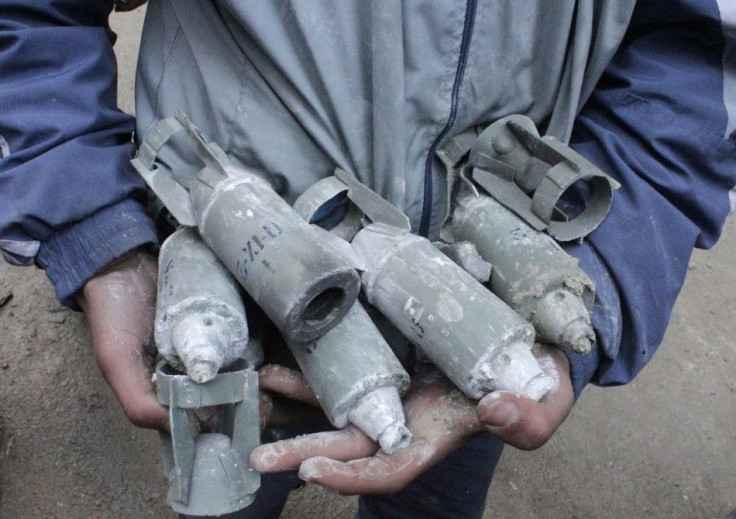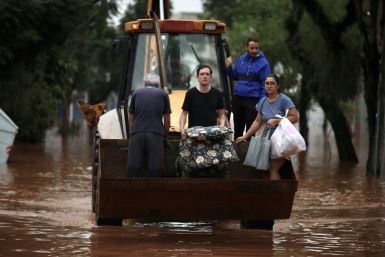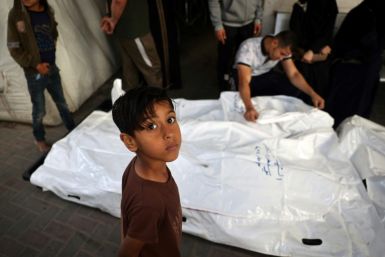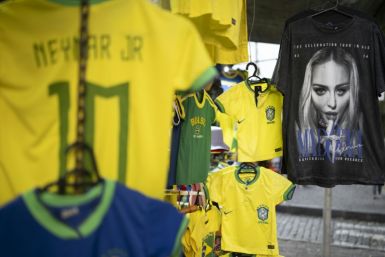Why 76 US Firms Out Of 151 Global Companies Invest In Cluster Bombs That Have Been Banned By Most Nations

Even as violence spirals in the world, many countries still seem to be fond of inviting conflict and bombing. Since 2011, 151 global financial institutions have put in $27 billion into the manufacture of deadly cluster bombs, although they have been banned according to international law.
In a report called 'Worldwide Investments in Cluster Munitions' by the Dutch peace and security NGO PAX, the scale of international investment in companies that produce these outlawed weapons has been revealed. PAX has been drawing out these annual reports since 2009.
Cluster bombs are "indiscriminate, and fail to differentiate between civilians and combatants." Even after they are activated, they could leave behind a few materials that are fatal, but unexploded. This would be deadly to innocent civilians for even decades after they hit the earth. Hence, though the arms have been deployed in Syria and Ukraine recently, but they still lead to casualties in Laos 50 years after they bombed civilians, according to rtnews.com.
Published on Thursday, the 2014 report gives a list of various firms that have either invested in or offered financial services to cluster bomb manufacturers between June 2011 and September 2014. There is a list of British investment, insurance and asset management companies. The investors include 76 U.S. firms, 22 South Korea and 21 China firms. Three are from Germany and seven are from the U.K. Among the biggest investors is a Singapore-based company, according to The Guardian.
Cluster munitions were banned in 2008, during a convention in Norway, Oslo. It came into force in 2010, and was signed by 115 countries. Due to an international drive against the bombs that wipe out a "disproportionate number of civilians," especially children, the ban was brought into action. However, the U.S., China and Russia have still not signed the convention. The U.S. insists that producing the bomb is legal.
Unfortunately, even in the countries that have signed it, while the production of cluster munitions is no longer permitted, it is legal to invest in companies that produce the bombs. Hence, financial institutions have lent double the money to companies involved in cluster munitions, from 1.4 billion in 2013 to 2.8 billion pounds in 2014. U.K., Australia, Canada, France, Germany, Japan, Spain and other countries that have signed the ban to support the firms with funds.
"We must put lives before profit. We're talking about a weapon that is currently killing civilians in Syria and eastern Ukraine," says Amy Little, campaign manager at the Cluster Munition Coalition.
Source: YouTube/CMCInternational






